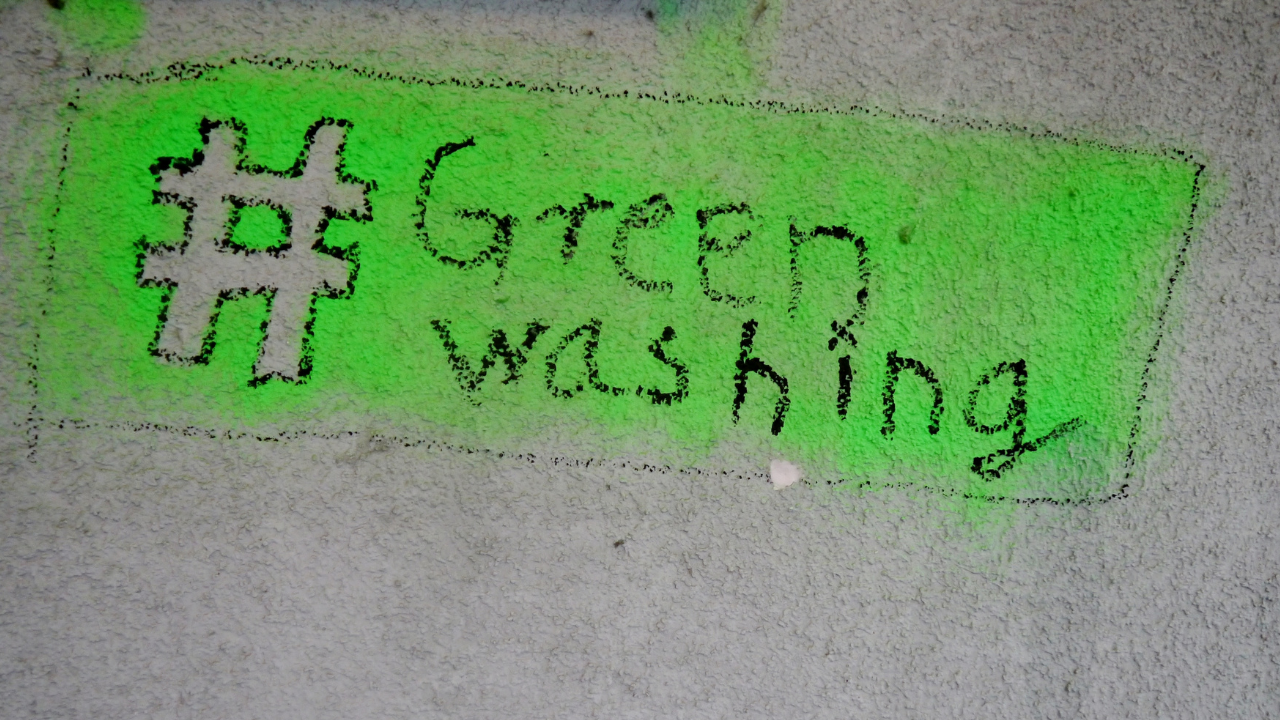US regulator SEC fines BNY Mellon for false ESG claims

The American investment bank BNY Mellon pays a fine of $1.5 million to the American regulator of the stock exchange, the Securities and Exchange Commission (SEC). The reason is 'inaccuracies and omissions' about Environmental, Social, and Governance (ESG) considerations in investment decisions for investment funds managed by BNY Mellon. The ruling is an important signal that regulators are increasingly critical of providers of ESG investments, including real estate, who are unable to provide hard evidence and are therefore misleading their clients.
In a press release, the SEC states that from July 2018 to September 2021, BNY Mellon claimed or implied in several statements that all investments in its funds had undergone ESG quality assessment, although this was not always the case. The SEC notes that 'numerous investments held by certain funds did not have an ESG quality assessment score at the time of investment'. ESG stands for Environmental, Social and Governance, or sustainable, governance and socially responsible corporate policies.
'Registered investment advisers and funds are increasingly offering investments that employ ESG strategies or have certain ESG criteria, in part to meet investor demand for such strategies and investments,' said Sanjay Wadhwa, deputy director of the SEC's Division of Enforcement and head of the Climate and ESG Task Force. 'We find that BNY Mellon Investment Adviser did not always conduct ESG quality review (...) as part of its investment selection process for certain investment funds (...).'
BNY Mellon would 'neither confirm nor deny' that such practices existed. However, the bank did agree to pay the fine and also signed a cease and desist order, an undertaking to cease its controversial practices.
Regulators increasingly critical
Het Financieele Dagblad points out that it is not the first time in 2022 that the SEC is critical of companies' unjustified ESG claims. In mid-February, Wahed Invest, a New York investment company, was fined $300,000 for lying to its clients about its investments. These were supposed to be 'Sharia-compliant', while an investigation showed that this was not the case. Shortly afterwards, the SEC filed a lawsuit against Vale. The internal safety requirements of this Brazilian mining company were rattled, without this being communicated to the outside world.
All this fits in with the new approach of the watchdog to combat abuse of the ESG stamp. To this end, it set up a special investigation committee in the spring of 2021 to examine companies and, where necessary, issue penalties.
Investing in ESG-proof assets is rapidly becoming more popular, also in the real estate world. Not only do such investment products show that you want to have an impact on a better, more sustainable world, they also increasingly provide a higher value. Financiers, for example, offer lower interest rates for financing ESG-proof assets, investors are prepared to pay a higher price and tenants pay a higher rent.
Regulators have become increasingly critical that providers also deliver what they promise their stakeholders in terms of the ESG performance of assets. Hard evidence is needed for this. Regulations are also growing in Europe. According to the rules of the so-called Sustainable Finance Disclosure Regulation (SFDR), financial institutions that place an ESG sticker on their products must be able to demonstrate in concrete terms what they mean by this as of next year. Het Financieele Dagblad wrote on 24 May: 'The regulation package is not yet officially in force, this is expected to happen next year. The basis for SFDR is a green rulebook, the so-called EU taxonomy, which became partially effective last January'. The FD points out that also in the Netherlands the regulator is increasingly critical. For example, in its latest annual report the Netherlands Authority for the Financial Markets was concerned about the phenomenon of greenwashing. Investors would be 'bombarded' with misleading sustainability advertisements. At the beginning of this year, the supervisory authority stated that it would take vigorous action if it suspected that financial institutions were inflating their green and responsible intentions and thus lying to investors', writes the FD.

